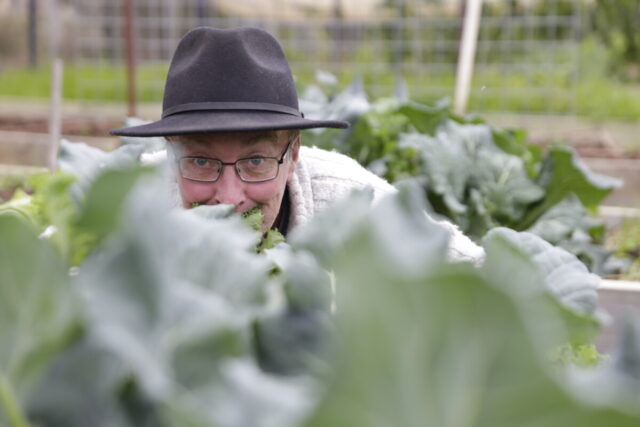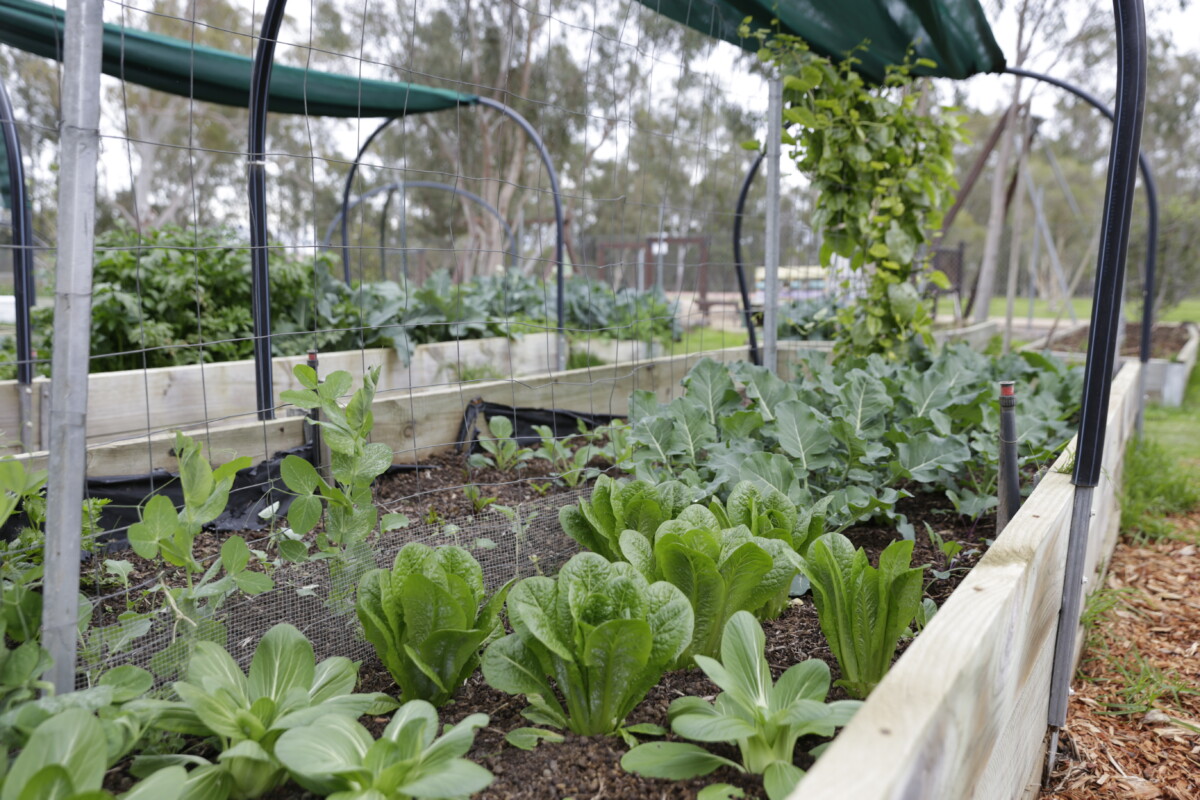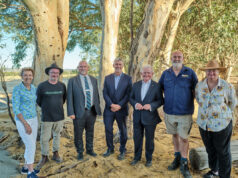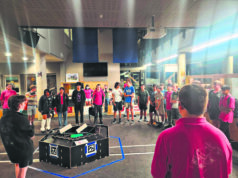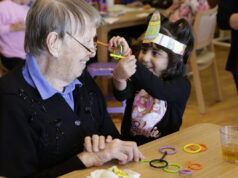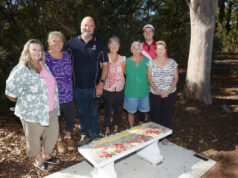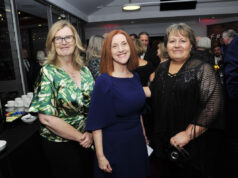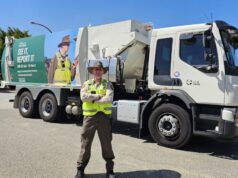A new study has shown how the brain reconfigures itself to crave junk food after indulging.
The perfect combination of sugar, salt, fat, and flavourings in ultra-processed foods leads to large dopamine spikes in the brain, making you want to continue devouring them.
“Our measurements of brain activity showed that the brain rewires itself through the consumption of chips and co. It subconsciously learns to prefer rewarding food,” Max Planck Institute for Metabolism Research study lead Marc Tittgemeyer said.
“Through these changes in the brain, we will unconsciously always prefer the foods that contain a lot of fat and sugar.”
Fast food is also inconveniently convenient, and with outlets mushrooming around public hubs, including near schools, the temptation is increasingly hard to ignore.
That’s why Cancer Council WA is urging West Australians to sign a petition to reform the state’s fast food outlet approval process.
Member for Thornlie Chris Tallentire has recently facilitated the ePetition in the lower house.
“Evidence shows the number of these outlets impacts our diets and undermines our best intentions to eat well. Children eat more of the unhealthy food from these outlets when attending schools with fast food outlets close by,” a spokesperson for the Cancer Council WA said.
“Currently, Western Australian planning regulations do not consider the impact on community or children’s health of new fast-food outlets, and decision makers have limited opportunity to refuse development applications. This has resulted in some suburbs and the areas surrounding Perth schools saturated in fast food outlets.
“We are calling on the WA Government to make changes to planning laws to limit unhealthy food outlets and support access to healthy food options, including near schools.
“This will ensure that community health and local amenities are prioritised over the profits of land developers and fast-food companies.”
Byford Glades Community Garden guru Gary Richards is ‘appalled’ by the number of fast-food franchises popping up around his community.
“How many do we need? I get the distinct impression we have more per capita here in Perth than in the UK where I’m from,” he said.
He’s supportive of the push from the Cancer Council WA for a change in local and state planning laws. But he also believes we need to arm ourselves with positive tools to combat the psychological warfare waged by the fast-food industry – tools like gardening.
“There’s growing evidence linking ultra-processed food to various neuropsychiatric outcomes like depression, and antisocial and aggressive behaviour,” he said.
“Beside the physical health issue, there are major implications for the criminal justice system and society at large.
“We need to get more people engaged in growing nutrient-dense food. Good mental health and exercise goes hand in hand with gardening.
“And it’s not just about the activity – it’s about building skills and understanding, and enhancing food security.”
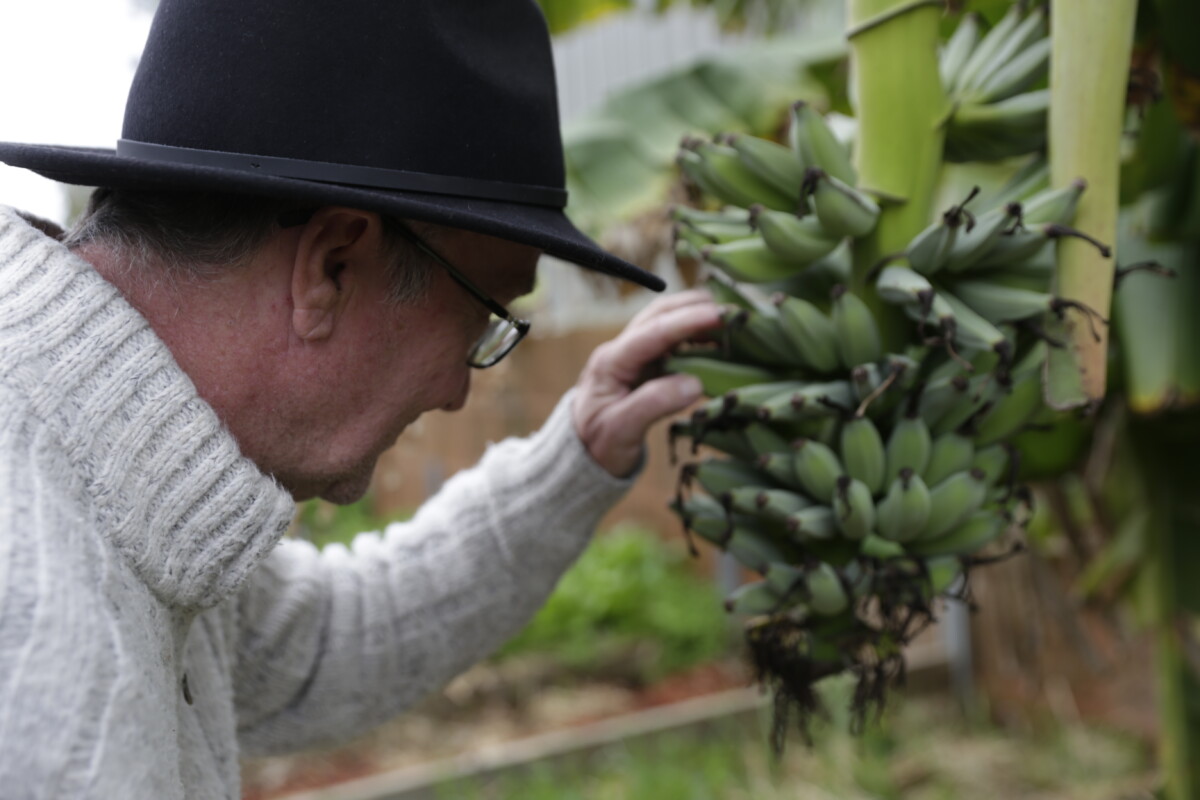
This year, the Byford Glades Community Garden has been hard at work cultivating a community-wide connection to healthy food through its free Urban Agriculture Program.
“We’re always looking at ways of building greater community ties,” Gary said.
“What we do here is not only bring people together to learn to grow their own food, but we’ve also started to engage other community groups.”

But Gary said the positive progress made so far is only the tip of the iceberg of what is possible.
“I’ve got a dream that we can take the [Urban Agriculture] program into schools – or allow schools to come here,” he said.
“A community garden is a non-controlled learning space. We’ve got ponds, soil, critters, plants, chickens and bees. There’s so much scope for learning.
“And we’ve got to get then when they’re younger. We missed a generation – I didn’t spend enough time teaching my children this stuff. We got wrapped up being busy.
“This is a call to action.”

But he’s not advocating for teachers to bear the brunt of this work.
“Teachers are really busy – so if we can help build a curriculum, we’d be up for that. We need a whole-of-community response to education,” he said.
Similar programs in Sydney and Melbourne/Geelong like Farm My School and the Urban Farm Adventure Program at Pocket City Farms have shown tangible benefits for students and the wider community. But nothing exists in WA … yet.
Gary said he’s tentatively floated the idea to local politicians, but hasn’t exactly received enthusiastic support.
“I’ve been told it could be quite difficult to get going. But I think we’ve just got to get the right people in a room together,” he said.
“Once you’ve got the infrastructure in place, the learning will flow.”
While the initial reaction from government hasn’t been encouraging, there have been a couple of bites from local private schools.
“We just need to get a pilot program going. We’re ready – Julie and I – we just need someone to give it a go,” he said.


